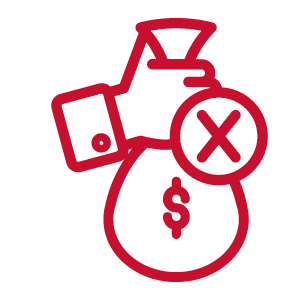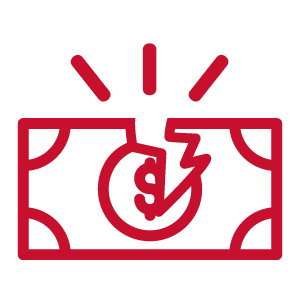President Biden’s student loan cancellation plan was struck down by the U.S. Supreme Court. Read more about President Biden’s new plan to provide debt relief, what happened at the Supreme Court, and if you are eligible for other cancellation programs that are still in place.
In some cases, you can cancel or have your student loans forgiven by applying for a specific cancellation program. Different rules apply to federal and private loans. In addition, some borrowers may be able to discharge their student loans by filing for bankruptcy.
Federal Student Loan Cancellation and Forgiveness Programs

There are a number of federal student loan cancellation and forgiveness programs that you may be eligible for.
You may be able to cancel your federal student loans if:
- your school closed;
- your school misled or lied to you about important information about the program you would attend, the outcomes of graduates, or the type of federal aid you’d receive, or they engaged in aggressive and deceptive recruitment;
- your loans were taken out in your name without your knowledge;
- you have a serious disability that prevents you from working;
- you work in a public service job for 10 years after you leave school; or
- you have been in repayment for over 20 or 25 years.
Our page on loan cancellation and forgiveness programs has more information about how you can apply for debt relief using any of these programs, as well as additional ways you may be able to cancel your loans.
Private Student Loan Cancellation and Forgiveness Programs

Unfortunately, the programs listed above do not apply to private loans. Unless a private lender made a promise about a cancellation program, they usually don’t have to provide cancellation to borrowers. But, in limited cases, some private student loan lenders will allow a borrower to cancel their loans, such as if a borrower is disabled and unable to work, or to settle their debt for less than what they owe. Ask your private lender about loan cancellation programs available and see our page on this topic for more information.
Bankruptcy

It is a myth that you cannot discharge student loans in bankruptcy. While it is difficult, it is possible to discharge both federal and private student loans in bankruptcy if you can show that payment of the debt will cause an undue hardship on you and your family. Bankruptcy is usually a last resort option, but if you are interested in getting more information, visit our page on bankruptcy.